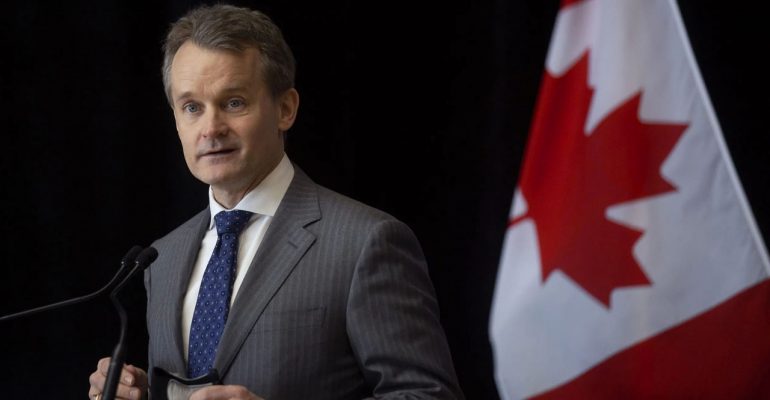Task force rejects calls for special employment status for Jewish, Muslim public servants
February 20, 2024 2024-03-16 11:39Task force rejects calls for special employment status for Jewish, Muslim public servants

Task force rejects calls for special employment status for Jewish, Muslim public servants
Federal task force rejected request before Israel-Hamas war intensified racial, cultural tensions
Months before the eruption of the Israel-Hamas war ramped up ethnic and religious tensions in many Canadian communities, a government task force rejected requests to recognize Muslim and Jewish public servants as separate groups facing systemic workplace barriers.

Muslim and Jewish public servants asked to be designated as employment equity groups under the Employment Equity Act nearly two years ago in submissions to the task force, set up by Employment and Social Development Canada.
“Discrimination and socio-economic barriers continue to exist for Canadian Muslims. These barriers will not disappear without intervention,” says the MFEN’s (Muslim Federal Employees Network) submission. “We recommend that Muslims are added to the Employment Equity Act as a designated employment equity group.”

The Employment Equity Act (EEA) was introduced in 1986 to knock down employment barriers facing four marginalized groups: women, Indigenous people, people with disabilities and members of visible minorities.
The legislation requires that federally regulated employers with more than 100 employees use data collection and proactive hiring to ensure that these groups are not under-represented in their workforces. No designated employment equity groups have been added to the EEA since its creation.
The Muslim Federal Employees Network (MFEN) and Jewish Public Service Network (JPSN) submissions were prepared in spring 2022, long before the latest deadly conflict erupted between Israel and Hamas in October of last year.
Labour Minister Seamus O’Regan shared the task force’s findings with the media last December, after his office initially received them in April 2023.

The task force said it decided “not to recommend the creation of a separate category for some or all religious minorities at this time,” but encouraged further study.
The MFEN said Muslim federal employees face various forms of Islamophobia. In its submission, it cited reports of Muslim women being subjected to comments “about their ability to do their federal public jobs because they wear a hijab,” and of Muslim men “who are seen to be terrorists and perpetrators of violence.”
It said Muslim federal employees have sometimes struggled to obtain security clearances “because of biases around their countries of origin or their names.”

Final decisions on adding more groups to the legislation will be made by O’Regan.
In a statement, O’Regan’s office said it might consider further changes to the EEA.
The statement said O’Regan “will continue to engage affected communities, including religious minority communities.”
The office said it looks forward to tabling new government legislation but did not offer a timeline.
Source: CBC News







